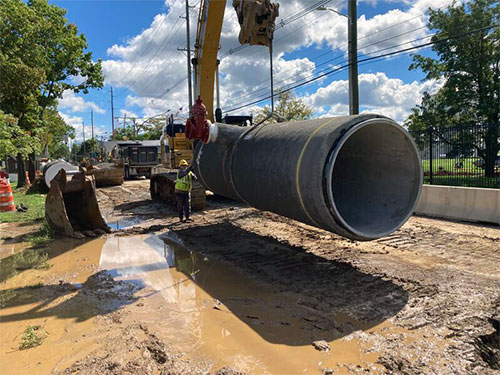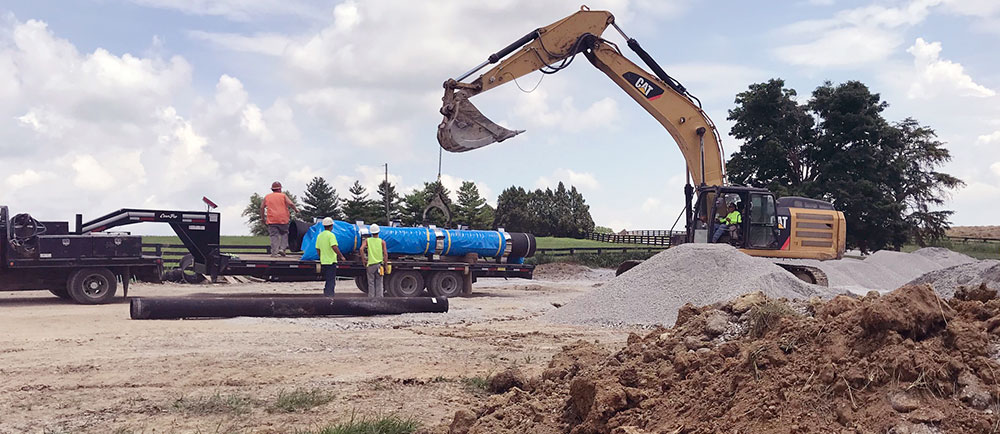 Board of Water Works Approves 2024 Budget
Board of Water Works Approves 2024 Budget
Louisville Water Company’s 2024 budget includes projects and ongoing work to ensure high-quality drinking water and reliable service.
The Board of Water Works, the governing body for Louisville Water has approved the 2024 operating and capital budgets. Louisville Water provides drinking water to nearly one million people in the region and expects to deliver 33.8 billion gallons of water next year, close to what’s projected for 2023. Beginning in January, Louisville Water customers will see a monthly increase of $1.29 for drinking water. That means the average customer who uses 4,000 gallons of water a month will pay $28.17.
Louisville Water sets its water rates balancing affordability with quality and reliability. The 2024 budget includes $250,000 for Drops of Kindness℠, the customer assistance program through the Louisville Water Foundation.
What’s behind the numbers?
Louisville Water’s operating budget is $112 million, a 5.6% increase from 2023. The increase is largely due to the cost of operating the drinking water system: power and chemicals, transportation, labor, and materials and supplies. Louisville Water continues to balance inflationary pressure with the costs for many of these items, especially chemicals and power.
The capital budget is $111 million, and the largest projects are for infrastructure and technology. In 2024, Louisville Water will finish a four-year project to upgrade nearly 300,000 water meters in Jefferson County, giving customers real-time access to their water usage through the Pure Connect℠ portal. The largest part of the capital budget is for infrastructure: the water mains, pumping stations and treatment plants that ensure reliable service. Louisville Water will continue its focus to inspect and replace water mains while installing miles of new water main to deliver additional drinking water to Nelson and Hardin Counties. Water providers in these counties purchase drinking water from Louisville Water and the growth in the Interstate-65 corridor with the Ford BlueOval SK project and bourbon distilleries drive the need.


